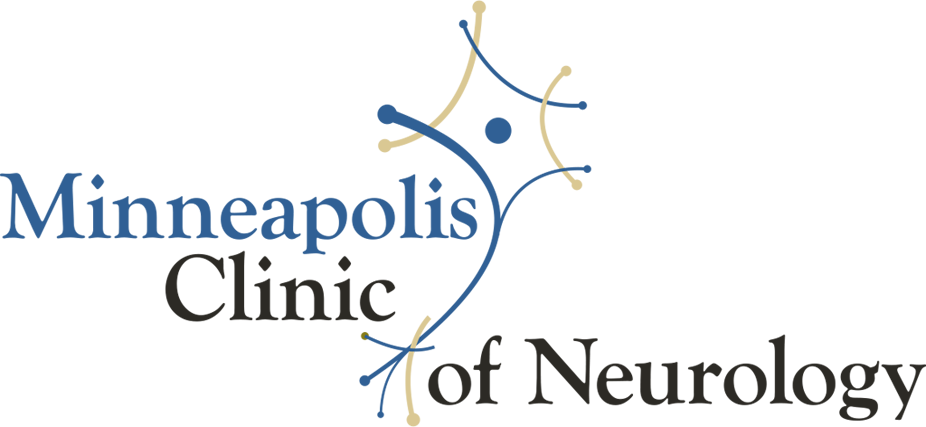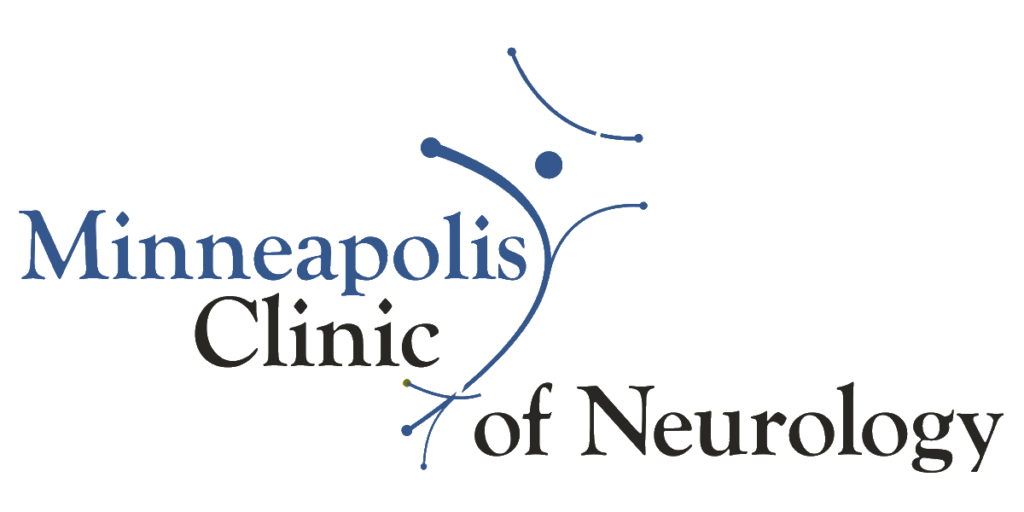Do I need to see a neurologist?
If you’ve ever wondered, “Do I need to see a neurologist?”—you’re not alone.
Neurology can sound intimidating, but it’s simply the area of medicine that focuses on the brain, spine, and nerves.
In this guide, we’ll answer some of the most common questions patients have, including when to see a neurologist, what to expect during your first visit, and whether it matters if your doctor is an MD or DO.
What Does a Neurologist Treat?
A neurologist is a doctor who specializes in diagnosing and treating conditions that affect the nervous system, which includes the brain, spinal cord, and peripheral nerves.
Common conditions neurologists treat include:
- Migraines and other types of headaches
- Memory loss and dementia
- Seizures and epilepsy
- Numbness, tingling, or nerve pain
- Stroke and TIA (mini-stroke) follow-up care
- Multiple Sclerosis (MS) and Parkinson’s Disease
- Dizziness, balance problems, and tremors

When Should I See a Neurologist?
You should consider seeing a neurologist if you’re experiencing any symptoms that involve the brain, nerves, or unexplained pain.
Some common reasons people are referred to a neurologist:
- Recurring or severe headaches
- Memory issues or confusion
- Frequent dizziness or loss of balance
- Tingling, weakness, or numbness
- Unexplained changes in coordination, vision, or speech

You don’t have to wait months to be seen.
Minneapolis Clinic of Neurology has providers available with shorter wait times than many other clinics. If you or a loved one needs neurologic care, you can request MCN by name when getting a referral.
Let your primary care provider know you’d like your referral sent directly to the Minneapolis Clinic of Neurology—so you can be seen sooner and start getting answers faster.
What Happens at a Neurology Appointment?
Many people feel nervous before their first neurology visit, but it’s typically a low-stress experience focused on understanding your symptoms.
You can expect:
- A detailed health history review
- Neurological exam: reflexes, strength, coordination, balance, and sensory checks
- Questions about your symptoms and lifestyle
- Possibly ordering tests like an MRI, EEG, or bloodwork
Your neurologist’s goal is to identify the cause of your symptoms and recommend next steps, which may include medications, lifestyle changes, or referrals for physical therapy or additional testing.

Does It Matter if My Neurologist is an MD or DO?
Both MDs (Doctor of Medicine) and DOs (Doctor of Osteopathic Medicine) are fully licensed physicians who can diagnose and treat neurologic conditions.
The difference?
- MDs typically follow a more traditional medical path.
- DOs receive additional training in whole-body, holistic care and musculoskeletal techniques.
At Minneapolis Clinic of Neurology, both MDs and DOs deliver high-quality, evidence-based neurologic care. The most important thing is finding a provider who listens, understands your symptoms, and has experience in your specific condition.

When in Doubt—Reach Out
It’s easy to brush off symptoms like brain fog, occasional headaches, or numbness. But these signals from your nervous system are important—and early evaluation can make a difference.
For new patients: If you’re experiencing symptoms and think neurology care might be right for you, talk to your primary care provider about referring you to the Minneapolis Clinic of Neurology. You can request Minneapolis Clinic of Neurology (MCN) by name to help ensure you’re seen sooner by our experienced team.
For existing patients: If you’re already part of our care community and your symptoms have changed or returned, give us a call to schedule a follow-up visit. We’re here to support your ongoing brain and nervous system health.



